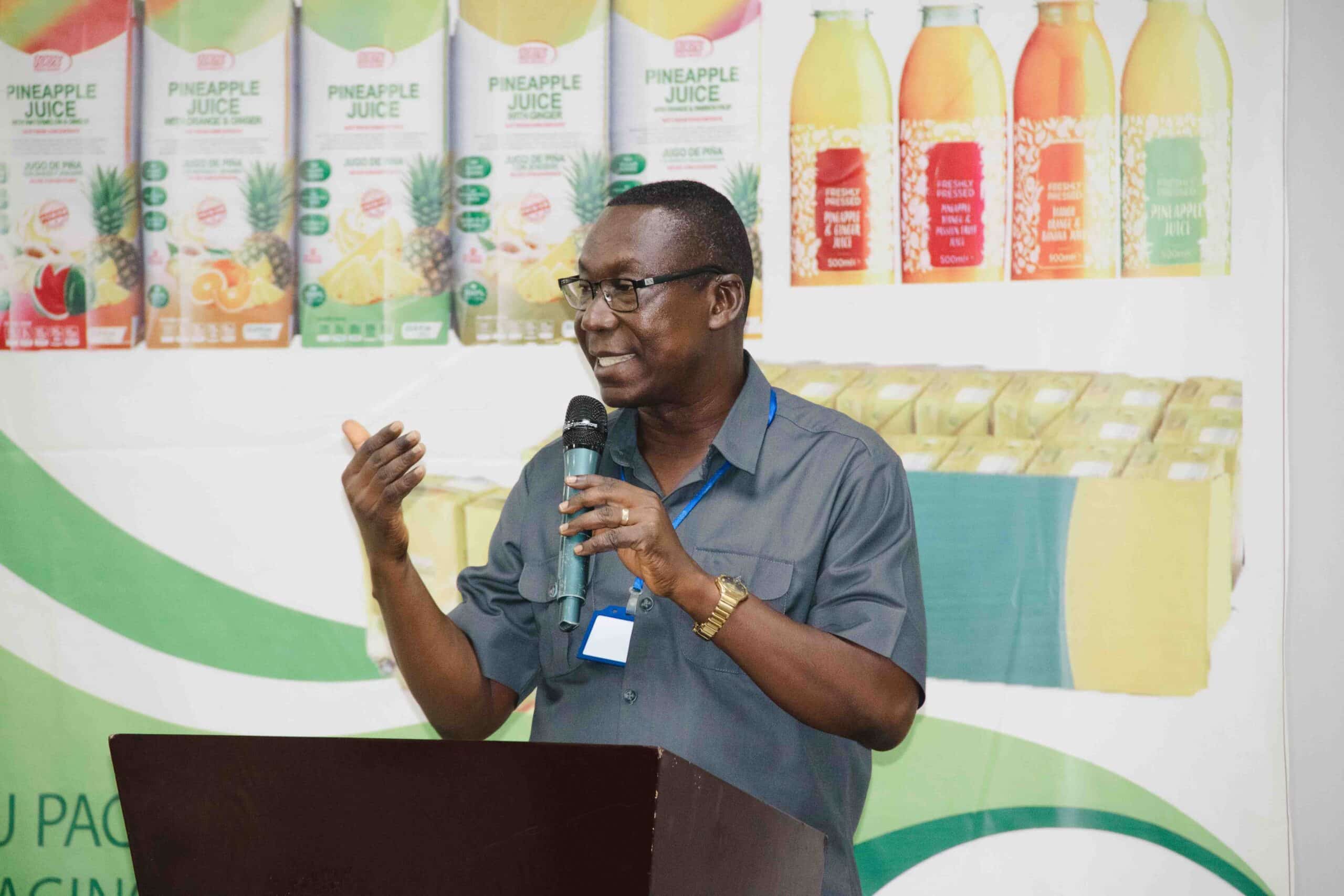In 1974, a division in Malaysia’s prime minister’s office started issuing halal certification letters, laying the foundation for its status as the world’s leading halal hub.
It is a rank Malaysia has retained for the last four decades, with certified exports valued at $10.17 billion last year, making it the world’s top halal exporter.
But last year the UAE launched its own national halal certification program, which some see as a major step to becoming a rival to the Asian nation.
“We do not look at it as competing against any particular jurisdiction,” says Abdulla Mohammed Al Awar, chief executive of the Dubai Islamic Economy Development Centre (DIEDC). “For Dubai and DIEDC, the ‘Capital of Islamic Economy’ vision is all about establishing credible global benchmarks for the Islamic economy sector that has significant potential for growth and offers an equitable system based on ethics and the Islamic Shariah.”
Halal food imports among Gulf Cooperation Council countries are expected to reach $53.1 billion by 2020, up from $25.8 billion in 2010, while halal imports for just the UAE are expected to hit $8.4 billion by 2020, according to an Economist Intelligence Unit report.
Those numbers, although large, pale in significance when compared to the size of the global halal food and beverage industry, which is estimated to be worth $2.26 trillion by 2018.
“Given the projections, Dubai has invested heavily in the halal food industry primarily to achieve leadership in the global markets but, most importantly, to lead the world in establishing standardization with regard to trading in such products,” says Al Awar.
All products purporting to be halal in the UAE will have to carry the certification mark, which was unveiled late last year.
Other plans include two special halal zones totaling more than 1.55 million square meters.
That does not mean it will be easy to become the world’s new leading halal hub. Some experts predict significant challenges.
“It is one thing to talk about it, and it’s another thing to actually do it and become successful at it,” says Paul Fagan, Partner Advisory, Farrelly Mitchell, a food and agribusiness consulting company.
He says the challenges include the many different interpretations of what halal means and the need to reach an international market.
The supply of products is also important, according to Fagan, and because the UAE is too small to produce some ingredients, it must import them from other countries, so the logistics and cost of the infrastructure are key.
“What are they going to do about it? How are they going to import the meat from outside and prepare it in the UAE and then ship it again with an added cost?” says Fagan.
“Or, will they export this know-how so it becomes a hub in the sense of intellectual property, [which they will then] export with proper controls to other countries? This remains to be seen.”
International Halal experts
The steadily expanding national Halal industry represents a unique business opportunity for GCC nations, with several nations planning ambitious ventures in this space. However, as stakeholders plan their next move, it is important that they remain aware of potential pitfalls and challenges that must be overcome.
At Farrelly Mitchell, our consultants offer tailored advisory services to public and private stakeholders throughout the food and agribusiness industry. Our commercial and technical experts provide key services in the areas of risk analysis & management, strategy & execution, feasibility & financial modelling, due diligence, and much more, to ensure that our clients are positioned perfectly to seize growth opportunities. With years of experience throughout the GCC region and a deep knowledge of the Halal industry, we are uniquely placed to support market entry & development within this industry. Contact our team today to learn more.














